Zinc deficiency is a common concern for people interested in a plant-based diet. Just how difficult is it for vegans to get adequate zinc? Should men be more cautious than women? With the help of Dr. Michael Greger, we learn about the role of zinc in the body.
Zinc is not the nutrient vegans are asked about most often (think protein, B12, and Omega-3), but at some point, the topic is likely to arise. Zinc is found in the highest concentration in oysters, followed by beef.
However, just because something has the highest concentration of an important nutrient doesn’t necessarily mean it’s the best source (especially given all that comes along with it). An iron pipe certainly contains a lot of iron, but I wouldn’t recommend ingesting it to stave off anemia.
After all, the oysters and cows had to get zinc from somewhere and it wasn’t from eating other oysters and cows.
Zinc plays a vital role in boosting our immune systems as well as the body’s ability to heal skin tissue and build proteins.
In order to address common concerns about how to get zinc on a plant-based vegan diet, I asked Dr. Michael Greger of NutritionFacts.org.
Let’s hear from this expert about the role of zinc in our body, how to get it from plants, and why men* (*people who produce semen) may need to keep a zinc-rich snack next to your tissues.
Introducing Dr. Michael Greger & the Vegan Nutrition Concerns Series

Dr. Greger is a licensed general practitioner specializing in clinical nutrition, an author, and an internationally-recognized speaker on nutrition, food safety, and matters of public health.
This interview is the seventh in the Vegan Nutrition Concerns Series with Dr. Greger. This series addresses common nutrient-specific concerns related to a plant-based diet, and touches upon the health impacts of animal products.
Dr. Greger on How to Get Zinc on a Vegan Diet
The following transcript of my interview with Dr. Greger (from the video above) is edited for clarity, order, and readability.
Plant-Based Sources of Zinc
Dr. Greger: We can get zinc from beans, greens, nuts and seeds, and whole grains as well.
If you don’t get enough zinc it can affect your taste acuity…and there’s no evidence to suggest that people eating plant-based diets have more problems with zinc, but you could imagine someone who was not eating whole foods…[someone who is] living off french fries, beer, and cotton candy…[they] would just not be getting [enough] zinc.
So, we need to eat whole grains, nuts, seeds, beans, and greens. But look, if you are eating beans everyday, it should not be a problem.
Men* May Need More Zinc
(*people who produce semen)
Dr. Greger: [Getting enough zinc] may be a little more challenging for men than for women.
The iron requirement for women [of childbearing age] is higher than men because the women are losing iron every month. And so, that differential account[s] for about a quarter-cup of blood loss every month, but women may need more or less depending on how heavy their flow is.
For zinc, it’s actually the reverse, interestingly, so men actually require more zinc. The [recommended dietary allowance] RDA for zinc is higher for men than women, and that’s because zinc is lost in every seminal emission.
Zinc is found in semen…and we lose zinc when we lose semen. …The Institute of Medicine…[puts] the differential at about 3 mg, so they are assuming men are ejaculating about once a day.
If however, you need more or less [zinc], you’d have to adjust accordingly. And so, you might need a bowl of pumpkin seeds by your bed or something. So, that’s about an extra quarter-cup of pumpkin seeds or peanuts…for every extra loss [per] day for men.
Does Zinc Interfere with Copper Absorption?
It is a common concern that too much zinc can prevent the body from absorbing enough copper, a nutrient important for our immune and nervous systems among other functions. I asked Dr. Greger to address this topic.
Dr. Greger: You don’t have to worry whatsoever; just eat your whole foods and you’re fine. The only time you get into some of these nutrient interactions is when you’re taking high-dose supplements.
[I]f you take a whopping dose of 600 mg of calcium in one pill, then you want to worry about it interfering with something else. But when we get whole foods, we get everything the way our bodies were designed to take it.In Closing…
I hope you enjoyed hearing from Dr. Greger on how to get zinc on a plant-based vegan diet.
I’d love to hear from you: Is zinc a nutrient you worry about? Where do you get it from? If your vegan, was it a concern when you first made the switch? Let me know in the comments!
— Emily Moran Barwick
Get Started
Please note that when it comes to your health and nutrition, there is no substitute for the guidance of a trained medical professional, especially if you have any medical conditions or complications.
Finding a plant-based provider can be challenging, depending on your location and health insurance (or lack thereof). In the accordion below are online directories for plant-based providers. I hope to expand the list to include ones that serve more countries. If you know of any additional directories, please let me know!
Plant-based medical provider directories
Please note: in listing these directories, I am not recommending or endorsing them or any health care providers listed within them.
- The Physicians Committee for Responsible Medicine (PCRM) (Worldwide)
- Plantrician Providers (U.S.)
- Plant-Based Health Professionals (UK)
- Plant-Based Canada (Canada)
- Vegan Friendly Registered Dietitians (Worldwide – telehealth) from Challenge22
Do you know of other directories? Especially ones serving more parts of the world? Please let me know!
MORE FROM THE VEGAN NUTRITION CONCERNS SERIES:
- The Crime Of Raising Vegan Kids | When Diet Is Deadly
- How NOT To DIE: Foods That Add Years | Dr. Michael Greger
- Deadly Nutrition: The REAL Dietary Killers | Dr. Michael Greger
- How to Get Carnitine, Carnosine & Creatine on a Vegan Diet | Dr. Michael Greger of Nutritionfacts.org
- How to Get Iodine on a Plant-Based Vegan Diet | Dr. Michael Greger of Nutritionfacts.org
- How to Get Vitamin B12 on a Plant-Based Vegan Diet | Dr. Michael Greger of Nutritionfacts.org
- How to Get Vitamin D on a Plant-Based Vegan Diet | Dr. Michael Greger of Nutritionfacts.org
- How to Get Iron on a Plant-Based Vegan Diet | Dr. Michael Greger of NutritionFacts.org
- How to Get Calcium on a Plant-Based Vegan Diet | Dr. Michael Greger of Nutritionfacts.org
- How to Get Omega-3 on a Plant-Based Vegan Diet | Dr. Michael Greger of Nutritionfacts.org


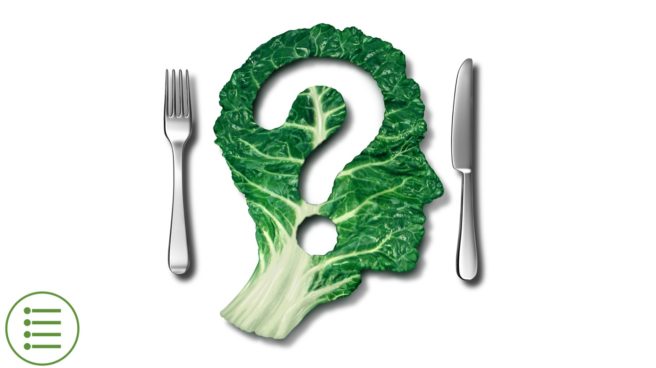
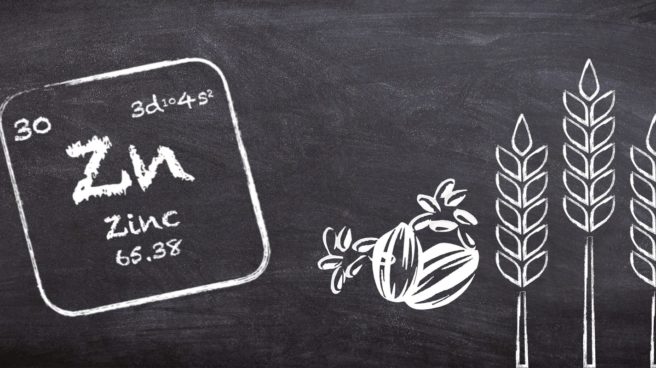
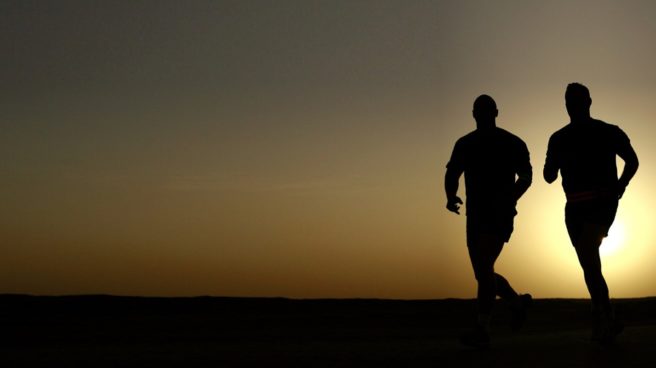
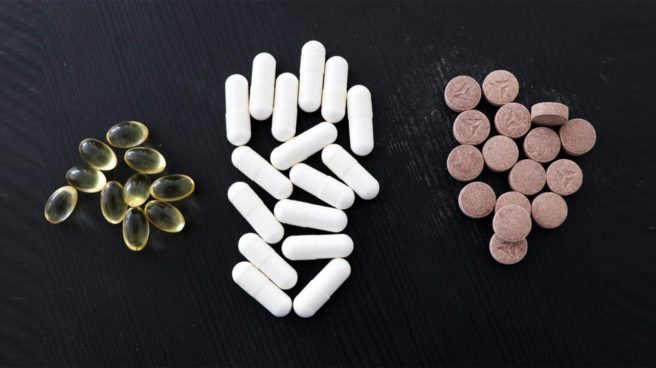
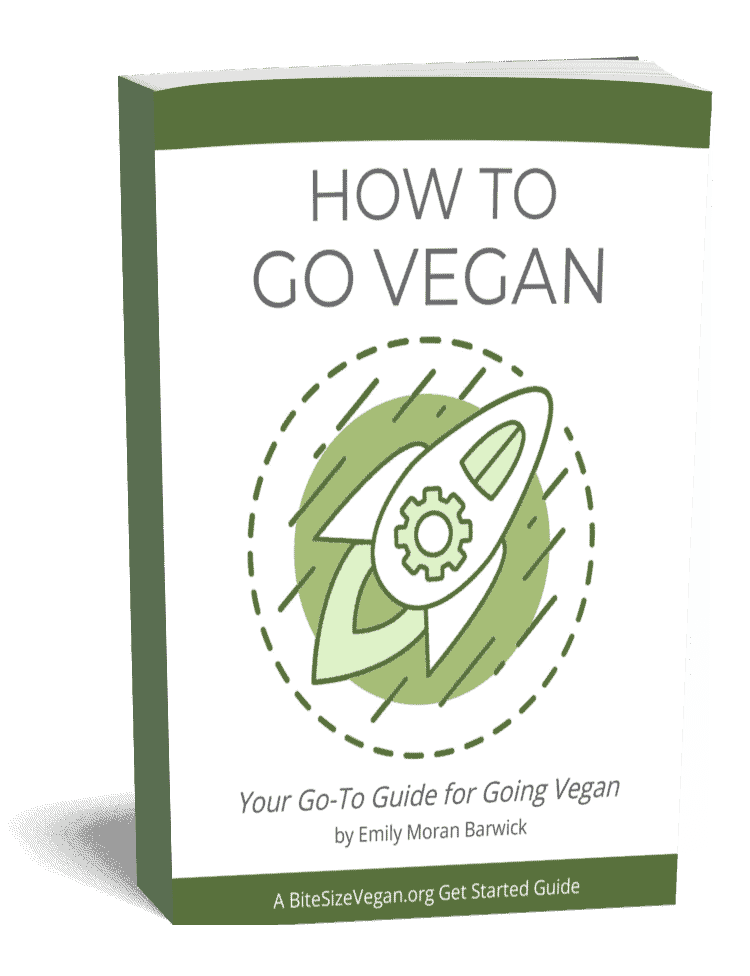
I take VegLife Vegan One Multiple by Solar.
Zinc content is Zinc(As Zinc Amino Acid Chelate) 20 Mg 133% daily
Zinc is something I never though of until your video.
Sorry if this is a bit tasteless. Is semen a good dietary source of zinc? Is it vegan? Somebody had to ask. I guess it’ll be me.
ha! i suppose?
I was a bit surprised about the view of Michael Greger on zinc. Sure, eating a balanced vegan diet can have just enough zinc, but absorption can be an issue as well, since many vegan foods high in zinc are also high in phytate.
What’s your view on this? What about for athletes? Have you seen J. Fuhrman and D. M. Ferreri, “Fueling the Vegetarian (Vegan) Athlete,” Curr. Sports Med. Rep., Vol. 9, No. 4, pp. 233 (2010)?
How much broccoli did you have to eat to get that amount of zinc?
Hi Natalie! I just went back into my Cronometer and it looks like that day I ate 2590 grams of cooked broccoli, which accounted for 11.7mg of my Zinc for the day. The second highest contributor was lettuce, of which I consumed 1450 grams, for 3.3mg of Zinc. Hope that helps!